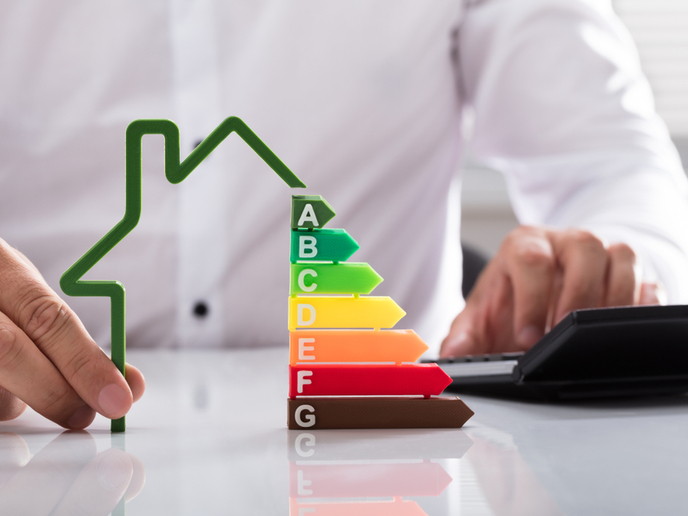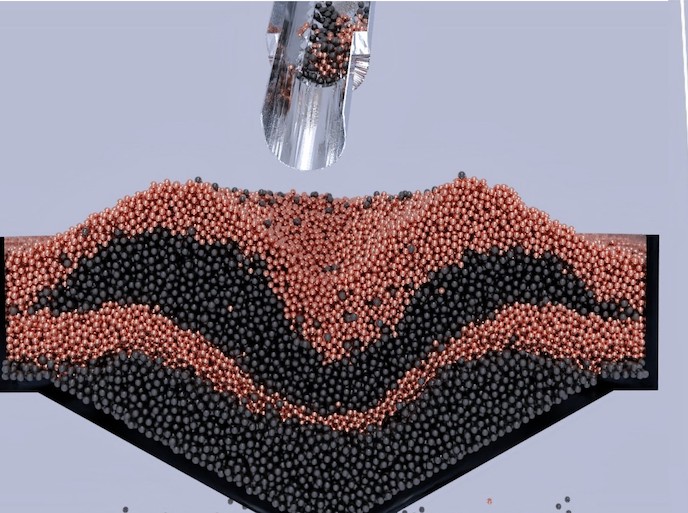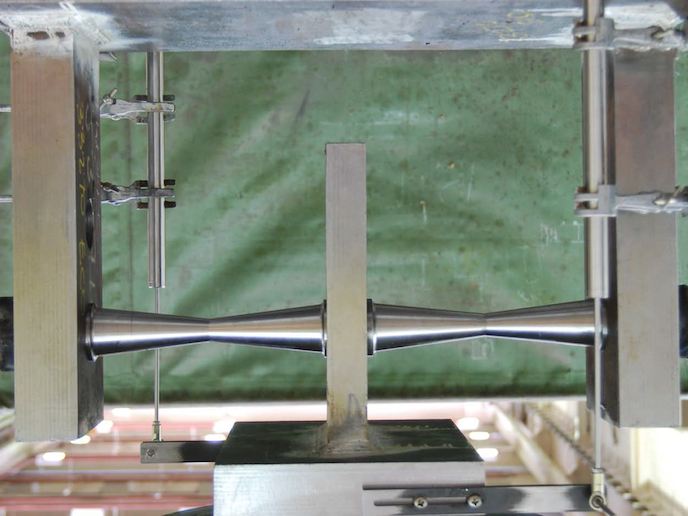Novel finance options allow energy-efficient building upgrades
Structures built since the 1960s comprise about 70 % of European homes. These buildings have poor energy performance, being collectively responsible for about 40 % of Europe’s CO2 emissions. Europe’s plans for nearly-zero–energy buildings require that such buildings be upgraded. Yet, owners have been reluctant to upgrade. Renovations to residential buildings for energy efficiency purposes represent less than 2 % of Europe’s construction market. The main reasons are the high up-front costs and perceived lack of return. What little investment does take place has long payback times and is considered financially risky. The EU-funded ABRACADABRA(opens in new window) project addressed the problems of financing such investments. Team members found ways to reduce payback time and increase investor confidence. The solutions helped increase the quality and value of renovated buildings and stimulated the building market.
Efficient home extensions
ABRACADABRA developed and demonstrated a new renovation strategy, based on add-ons and renewable energy sources (AdoRES). “That means one or more building additions that adopt the existing building, to achieve the nearly zero energy target,” says Associate Professor Annarita Ferrante, project coordinator, “and to create a synergy between old and new.” AdoRES might include facade additions, rooftop extensions or an entirely new building on the same block of land. Façade additions such as new sunspaces provide energy efficiency, whereas other modifications such as new rooms can add energy-efficient spaces to buildings increasing the real estate value. The team proved the value of a strategy whereby the building modifications can generate energy. This offsets the costs of doing the renovations: owners might sell or rent the building additions; in addition, the value of the building would be increased. Thus, the project’s strategy provides an incentive for owners to invest in energy efficiency renovations. The team proved the strategy to be a profitable investment. Major financial players and public stakeholders have enthusiastically welcomed the development. This result was not easy to achieve, and required sustainable compensation measures.
Urban policies
“However, as expected,” says Prof. Ferrante, “in many cases, the hardest barrier to overcome is urban regulations. To address this, we developed a set of policy recommendations for the adoption of AdoRES renovation strategies, which we shared and discussed with policymakers and market players at all European levels.” ABRACADABRA eventually gained support from 53 public bodies. Meetings with officials from Italy’s Emilia Romagna region also led to the drafting of new regulations about restricting urban expansion into farmland. The EU aims to achieve zero encroachment by 2030. Researchers produced a set of three tools, which have been tested and revised using around 60 case studies to achieve the final versions. A technical toolkit is essentially an online calculator that helps estimate energy consumption before and after a renovation. The second tool is a similar online calculator, which details the payback time required for various energy renovations, and estimates the resulting increase to building value. The final resource targets policymakers, and details the regulatory challenges and opportunities for boosting retrofitting in the project’s eight target countries. European building owners will now have improved financial incentives to undertake energy efficiency renovations. This will mean a decrease in carbon emissions, combined with welcome activity in the construction sector.







